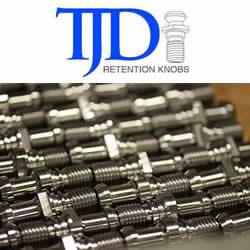Chiefs hold back on smart factories after backlash
What is Smart Manufacturing & the Smart Factory?
Special Tradeshow Coverage for ATX West 2017
YCF - 2017 could be year of smart factory
A New Use for High-Speed Fiber Optics: Connecting Smart Factories
IIoT's new business models
The Audi smart factory of the future
Delta buys Unicom to advance smart factories
Siemens to buy Mentor Graphics amid push to digitize factories
Samsung SDS releases AI-based smart factory system
Smart Factory Hackathon: Talented data-science specialists develop solutions for the factory of the future
5 key trends in the global smart factory market
Blockchain plus 3D printing equals 'smart manufacturing' and Ethereum you can touch
Fujitsu to sell 'smart' factory systems in China
Faurecia Unveils $64 Million Digital Factory that Showcases the Future of Manufacturing
Records 106 to 120 of 149
First | Previous | Next | Last
Featured Product

